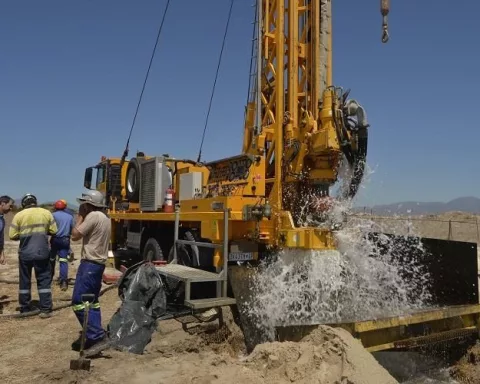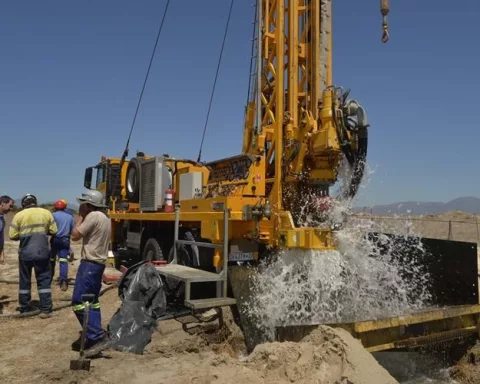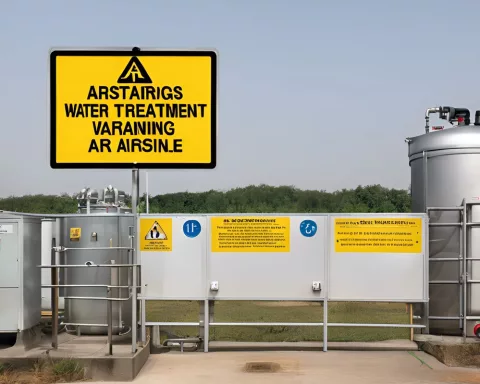The Minister of Water and Sanitation, Senzo Mchunu, recently held a media briefing to discuss the cholera outbreak in Hammanskraal and the efforts to address the water crisis in the region. This article provides an overview of the briefing and the actions taken by the Department and the City of Tshwane.
Collaborative Efforts to Address the Outbreak
Mchunu emphasized the importance of collaborative efforts by various stakeholders to address the cholera outbreak in Hammanskraal. The Department’s primary focus has been to find sustainable water solutions to ensure water security in the country. The Interim Blue Drop Certification Programme Report was released as a key component of these efforts, which emphasizes the pursuit of excellent drinking water quality.
Importance of the Blue Drop Certification Programme
The Blue Drop Certification Programme is a significant initiative as it sets high standards for drinking water quality. The release of the interim report shows that the Department is taking the necessary measures to address the water crisis in the region. This program is crucial for ensuring water security and improving public health.
Proactive Measures to Deal with the Outbreak
The cholera outbreak in Hammanskraal is of utmost importance, and the Department’s proactive approach reflects its commitment to ensuring the safety and well-being of the community. The Executive Mayor of the City of Tshwane Metropolitan Municipality, Cllr Cilliers Brink, also provided insights into the city’s efforts to curb the outbreak. These efforts include the regular monitoring of water quality and the implementation of sanitation programs.
Collaboration and Comprehensive Approach
The collaboration between the Department, the City of Tshwane, and other stakeholders serves as a testament to the importance of working together to address public health crises. This partnership has paved the way for a more comprehensive approach towards tackling the outbreak and ensuring the well-being of the Hammanskraal community.
Importance of Innovative Solutions for Water Security
Water scarcity has been a pressing issue in South Africa, and recent droughts have further exacerbated the problem. It is crucial for the government to implement innovative solutions to ensure water security. By focusing on the Blue Drop Certification Programme and other sustainable water solutions, the Department is taking a step in the right direction.
The Minister’s media briefing highlights the government’s dedication to addressing the cholera outbreak in Hammanskraal and ensuring water security for all South Africans. The collective efforts of the government entities and stakeholders demonstrate a strong commitment to finding sustainable water solutions and improving public health.












